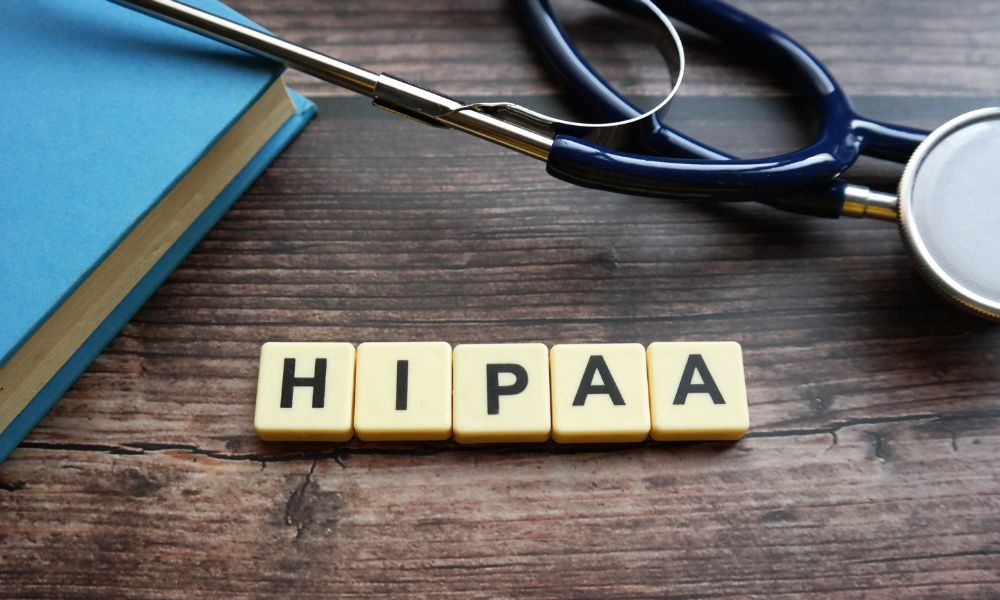
Health, safety, and security are three major components of ethics and the healthcare industry. Since they are so vital to people’s health and lives, healthcare services need to create safe spaces and adhere to human rights. HIPAA and OSHA establish standards that ensure medical businesses conduct safe, healthy, and secure workspaces and practices. They enhance the healthcare industry and society in numerous ways, offering a variety of benefits. To fully understand the positive influence of HIPAA and OSHA, here is a brief history of their significance.
Before the Regulations
Before the enactment of OSHA, formal workplace safety measures didn’t exist. Worksites witnessed countless fatalities that were met with no real repercussions. Many unethical operations took place, putting workers and others at risk daily. Without OSHA, employers treated workers unfairly, and workplace rules hardly mattered.
In the same vein, without HIPAA, numerous threats lurked, and there were very few rules in place. For years, people rarely thought about the dangers of the internet. Many were simply caught up in the rush of excitement of what technology could achieve. However, when doctors started switching to digital recordkeeping, people’s private information became at risk. There were a lot of complications when it came to going digital and sharing things electronically.
The Start of HIPAA and OSHA
In 1970, President Richard Nixon passed OSHA, which went into effect in 1971. The implementation of rules began as a slow transition, seeing very little progress in workplaces. It wasn’t until later, when OSHA underwent a couple of revisions for clarity, did the seriousness of the regulations kick into action.
HIPAA came to fruition in 1996 with help from President Bill Clinton. The new legislation strengthened doctor and patient relationships, made transferring information easier, and created standards for handling and protecting personal health information (PHI). It also brought to light patient autonomy and rights regarding their PHI.
Present Day HIPAA and OSHA Regulations
Both HIPAA and OSHA encountered a variety of updates to better complement present-day society. They come with repercussions and hold more importance than they did during their first few years of enactment. Implementing OSHA and HIPAA regulations improves healthcare businesses in various ways, offering a range of benefits, from optimized productivity to quality performance.
Throughout the history of OSHA and HIPAA regulations, healthcare enterprises grew into more ethical and safer practices, benefitting society. Ensuring your vet office, dental clinic, or general medical service complies with OSHA and/or HIPAA transforms your business into an optimized and successful workplace. At Gamma Compliance Solutions, we offer educational materials, like HIPAA compliance training manuals, that help you comply with both regulations. Ensuring you and your employees train successfully improves your chances of implementing protocols and receiving the rewards of OSHA and HIPAA compliance.
